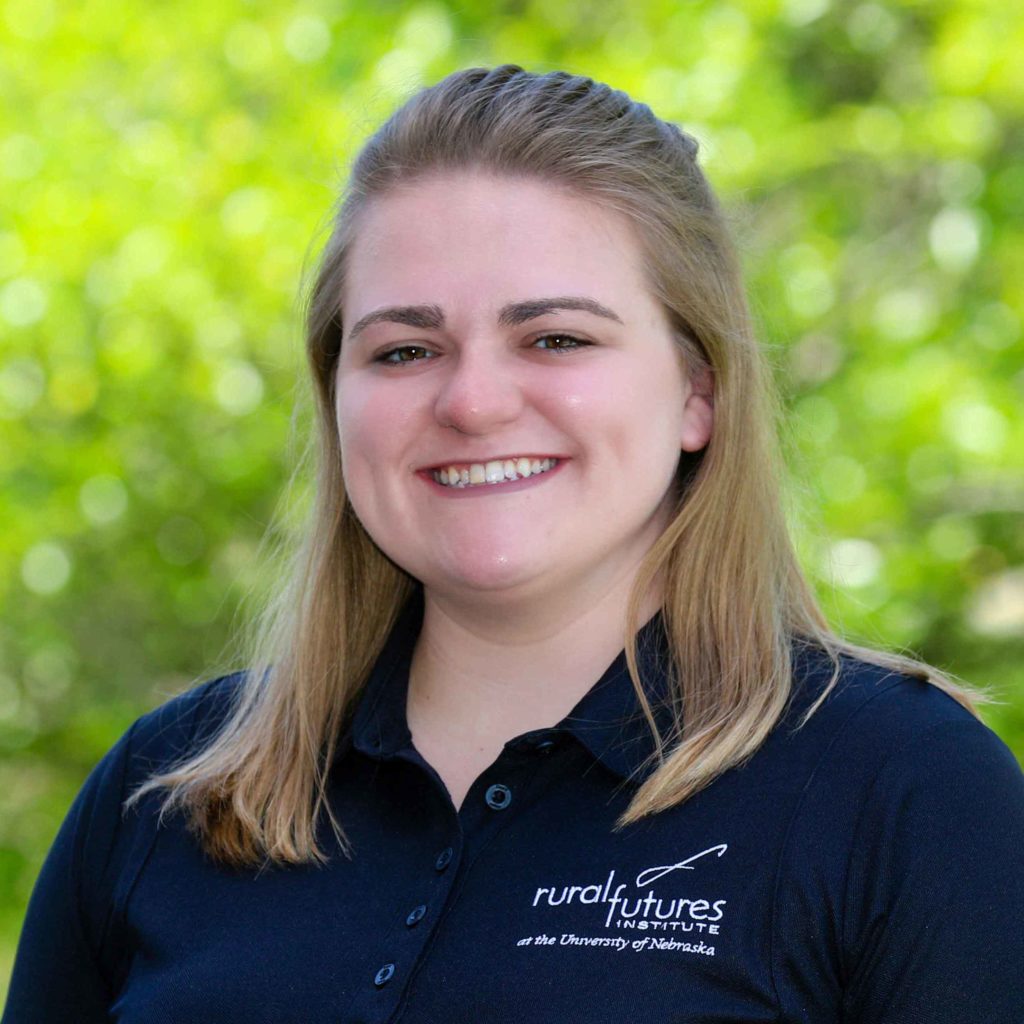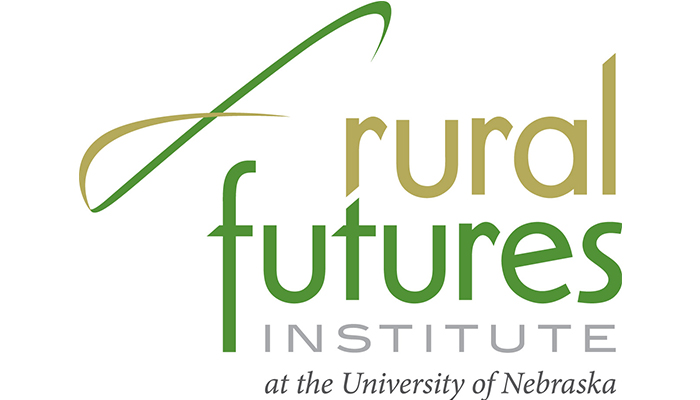University of Nebraska at Kearney students Kersten Peters and Elizabeth Schott are among those working on important community-defined projects this summer in Chadron and communities in Garden County.
For 10 weeks, the duo will work, serve and live in those areas as Rural Futures Institute Student Fellows, immersing themselves in projects that include marketing, workforce development, early childhood daycare programming, mental health care access and entrepreneurship.


Schott, a St. Libory native, doesn’t want rural communities to be excluded when it comes to access to resources.
“I know RFI is trying to change this,” she said. “And I want to be a part of that change.
“Rural communities of Nebraska are a crucial part of the world. We produce a large amount of beef and corn. Students who understand this and see it for themselves will be better advocates for these communities and help our state continue to have a large impact on the world.”
The RFI Fellows will also earn their Inclusive Leadership Development Certificates, working with diversity and inclusion researcher and consultant Helen Fagan.
“For several years RFI has earned impactful, tangible outcomes by placing high-capacity students with community leaders throughout Nebraska, but this year’s pilot of RFI Fellows incorporates a critical leadership transformation element for the future — inclusion,” said Connie Reimers-Hild, RFI interim executive director and chief futurist.
Age, gender, race, ethnicity and experience are all elements that leaders must continue to understand and explore to create welcoming, innovative environments, said Fagan, who serves as director of leadership engagement for RFI.
More specifically, according to the Center for Public Affairs Research at the University of Nebraska at Omaha, minority groups contributed more than half of the population growth in 16 of the 24 counties in Nebraska that had population gains during the 2000s. In 74 Nebraska counties the majority population decreased, while the minority population increased.
“This trend is likely to continue,” Fagan said. “We need to help our communities and our students prepare, so we can all lead together in a way that fosters innovation. That means astute intercultural awareness and the ability to create and lead diverse teams. By elevating Community Innovation Fellows, we are helping create leadership capacity that is essential for the future of our state.”
PROJECT SUMMARIES
Location: Chadron
UNK Student Involved: Elizabeth Schott of St. Libory, Elementary Education and Early Childhood Inclusive
Partners: Chadron Public Schools, Panhandle Community Health Partners (Chadron Community Hospital)
Focus: PreK-12 Education, Mental Health, Indigenous Population Inclusion
Summary: Community assessment and identification of gaps in services for PreK-12 youth focusing on behavioral health and priority support/inclusion of Native American population. Will be used for all Panhandle school systems.
Initiated By: Nebraska Department of Education AWARE (Advancing Wellness and Resiliency in Education) grant.
Location: Garden County, Nebraska
UNK Student Involved: Kersten Peters of Scribner, Elementary Special Education (K-6) and Early Childhood Inclusive
Partners: Garden County Schools, Volunteers of America-Western Nebraska
Focus: Early Childhood Education, Daycare, Economic Development
Summary: Develop a prototype for community investment in early childhood education and address daycare shortage to create greater economic opportunities for rural communities. Will be used for all Nebraska Panhandle school systems.
Initiated By: Nebraska Children & Families Foundation grant.

About the Rural Futures Institute
The Rural Futures Institute (RFI) at the University of Nebraska leverages the talents and research-based expertise from across the NU system on behalf of rural communities in Nebraska, the U.S. and around the world. Through a culture of innovation and entrepreneurship, RFI encourages bold and futuristic approaches to address rural issues and opportunities. It works collaboratively with education, business, community, non-profit, government and foundation partners to empower rural communities and their leaders. ruralfutures.nebraska.edu